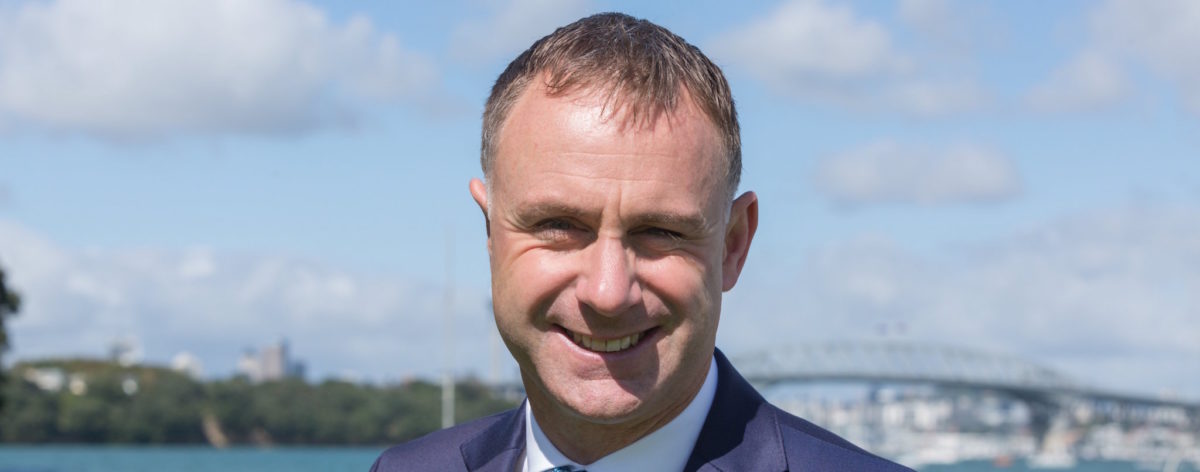Health Equity and Type 1 Diabetes – A perspective from inside the healthcare sector
Why is it that sometimes life doesn’t seem fair? Disparities in the quality of health care services for those living with type 1 diabetes are real. While the differences are not simple to solve, the gap doesn’t need to be as wide as it is. That’s why I’ve chosen a path working in the public health sector as a person impacted by type 1 diabetes.
I don’t know a life without diabetes and that’s because my journey beyond type 1 began when I was 21 months old, a voyage that has been shaped by the experiences of living with diabetes and by the people who have influenced that path so far.
Equity in healthcare includes factors that influence access, treatments and outcomes. For example, how healthcare resourcing is allocated, managed and funded (both money and people). In New Zealand 20 district health boards play this role within a country the geographic size of the United Kingdom and a population of fewer than 5 million people.
Growth plays a role—population growth combined with the rise of at-risk and under-resourced groups seeking care in primary care services all means finite resources are stretched more and more.
Technology is changing the face of health—in particular for type 1s—however, this technology innovation is not always being shared and getting to everyone.
Variation in the understanding of diabetes among people in the health sector workforce also results in differences in treatments and the quality of care.
Working within the public health system is tough, but having type 1 diabetes prompts me to consider these equity differences every single day—working with the wider team to identify solutions to difficult and complex problems and close this gap. My name is Simon Watts, I am 39, and this is how I live beyond!





